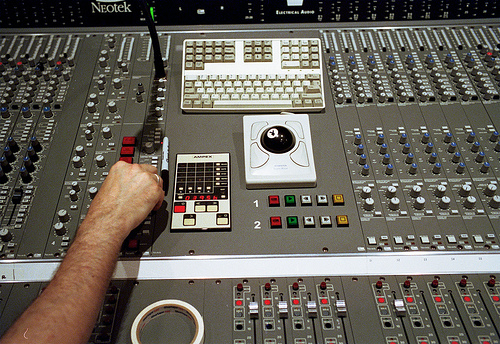Every week we round up media & tech industry news you may have missed.
In August, Demand Media took the similar step of deleting 300,000 eHow articles.
But why does Google’s search tweak – which was first announced in February and has been updated throughout the year – call for such drastic action? Just ask Sophie Lee, whose site IBStales.com, was affected:
Rather than appearing, as it had, among the key first 10 results when people put “IBS” or “irritable bowel syndrome” into Google’s search box, [Lee’s site] was now about 300th.
And being on that first page is crucial: a recent study showed that 89% of clicks are on those 10 results. Suddenly, Lee’s site – which is her livelihood – had effectively vanished from the sight of searchers in the US.
“We were crushed by the Panda update, and the site is now gasping for breath,” she said. “Traffic is down 75%, revenue is down 90%, and I’m getting seriously worried about the future.”
Executives who attended the Reuters Global Media Summit in New York, London and Paris this week said advertisers have turned more cautious in recent months and want to protect against uncertainty around the euro zone’s future and political gamesmanship in the United States.
Globally, advertising deals and other business partnerships are being re-assessed and reworked, meaning deals that would normally run for six or nine months are now being shortened to just two or three months — or less.
To launch a one-day promoted trend, you’ll have to wait several months (there’s a waiting list) and be ready to shell out an eye-popping $120,000.
So dramatic has the growth been in this category — and what’s projected to come — that the gouge it takes out of advertising budgets won’t be a small bite.
Hernandez said that Cox doesn’t qualify as a journalist because, “There is no evidence of (1) any education in journalism; (2) any credentials or proof of any affiliation with any recognized news entity; (3) proof of adherence to journalistic standards such as editing, fact-checking or disclosures of conflicts of interest.”
It’s not enough for hyperlocals to simply post articles to their Facebook page or just tweet them out, say a number of engagement-conscious publishers and editors. They connect the dots between engagement and sustainability, and in fact there’s a steady flow of reports that say engagement produces multiple business benefits, building value that can attract advertisers or – for nonprofits – funding.
We are in a world nobody designed or expected, driving full tilt toward — a wall? a cliff? a new dawn? We must choose wisely, as if we could …
… So for tomorrow’s computer world, I confidently predict more of the same, but much more so — louder and more intrusive, with more interruptions, more security threats, more monopolies and, of course, worse interfaces.
The Web will get even more chaotic, with new forms of annoyance, temptation and danger. There will be more and more software settings nobody can get right, and the phone support people in India who talk you through the menus will be taught new slang to make your hours with them seem more comfortable.

